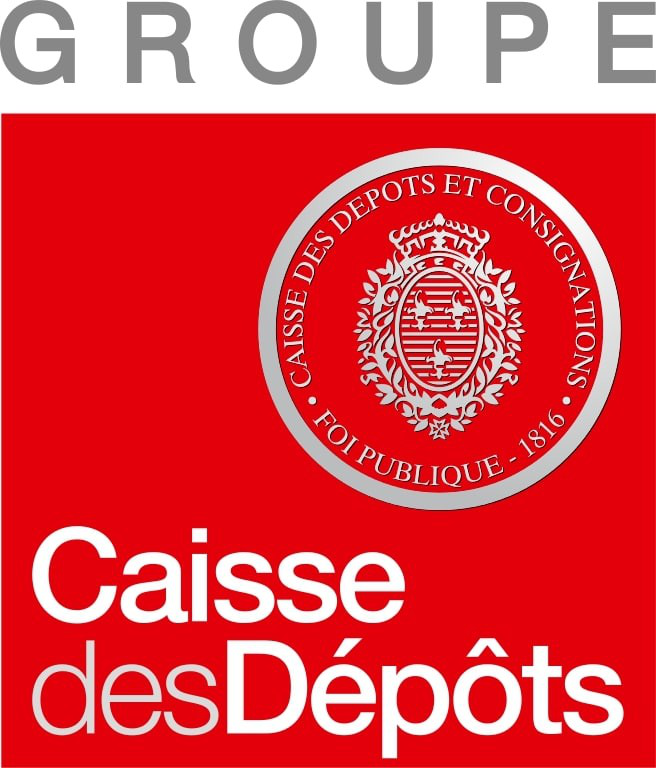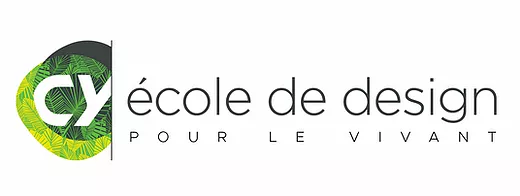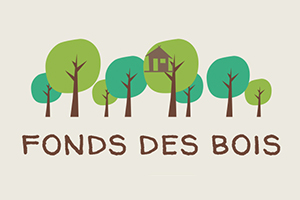RegenerAction
Publié : Projets |
https://regeneractionproject.eu/
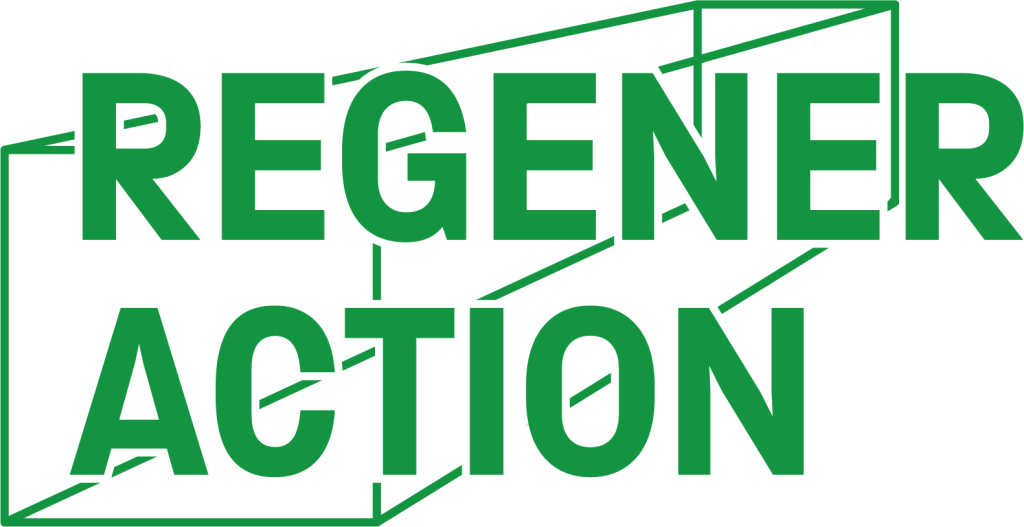
The Urban Community Builder (UCB) can be described as an ecological figure: ecological is here used in the sense given by Félix Guattari in the Three Ecologies (1989), one of the most influential books for contemporary ecological studies. It is there that the french psychiatrist, activist, and philosopher reframed the notion of ecology in a broader sense which fits perfectly, in our views, the main goal of the Regeneraction project, that is to define the role and the aims of new agents for the ecological transition: Urban Community Builders.
Etymologically, the term ecology comes from the ancient greek (oikos-logia, the science of the house) and it is normally used to describe the science of the material fluxes and of the relationships between humans and non-humans within their physical environment. But, as Guattari argued, we cannot fully understand our present epoch and the issues arising from the ecological state of emergency if we do not also analyze the mental and social spheres–that is to say the psychological, cultural, organizational, and technical features of our way of living–in a strict relation to the environmental one.
This framework is very fruitful for understanding the possible role played by UCBs within urban regeneration actions (regeneractions), as well as the kind of co-designed activities that these figures could locally implement in order to tackle contemporary urban issues (from the redesign and reuse of architectural spaces, to the redesign of proximity services). The three levels of analysis (mental, social and environmental) proposed by Guattari are equally important to be taken into account:
i) for when we imagine the possible regenerative actions for the ecological renewal of our cities and our ways of living in urban contexts;
ii) as well as for individuating the necessary characteristics (skills, knowledge) needed by UCBs that this project aims to empower–or better, to capacitate (A. Sen, 2000; B. Stiegler, 2020), that is to say, to improve their ability to act, individually and collectively, in their environment.
Hence, UCBs are major vector-figures for a democratic, inclusive, and just ecological transition. They are intended here as both a moral or juridical person (NGO, association, innovation hub, and the like) who plays a pivotal role in urban spaces through the creation of trans-sectorial and trans-disciplinary activities in a territory with a strong connection with local networks of trust that are often already present but need to be supported for rethinking and enacting new relationships between cities and the peri-urban areas.
When these networks are not already established, UCBs work toward that direction. The aim? Taking care of individual, social and environmental local issues in strong collaboration with private and public territorial actors. This new professional profile could be inserted within already existing public institutions or recognised by (and strongly collaborate with) them from the exterior. Given the different forms of collaboration that are already existing in many territories and which have been studied by the RegenerAction project so far, we do not want to restrict the possibilities for these new forms of work that are needed in our territories. Physical presence, proximity, and knowledge of the territorial actors are key features for (re)building the sense of belonging and a new territorial model of economic and social development.
The experimentation of such activities is urgent and necessary to found new political-institutional, socio-economic, as well as new technological imaginaries against the closure of the possible that is conceptually embodied in what has been called the Anthropocene era. In the climate and social emergencies that characterizes our contemporary era, this reinvention requires close collaboration between active inhabitants and institutions within these territories that are bearing imagination, energy and possibility for a better future.
The project aims to acknowledge and appreciate the contributions of these individuals, comprehend their responsibilities, and identify The specific competencies required to initiate participatory regeneration efforts through the adoption of best practices. The project also seeks to provide comprehensive training to these Urban Community Builders, focusing particularly on three key areas that align with European policie
• Green competencies: Reference will be made to the Green Comp framework, emphasizing the importance of environmental knowledge and skills in urban regeneration initiatives.
• Public-private-people partnership: Recognizing the significance of engaging the community, the project emphasizes the establishment of collaborative relationships among public, private, and community stakeholders.
• Digital skills: Given the era of digital transformation, effective communication through digital tools is vital in conveying the desired changes and fostering community involvement.
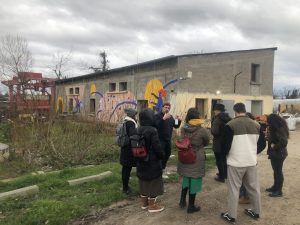
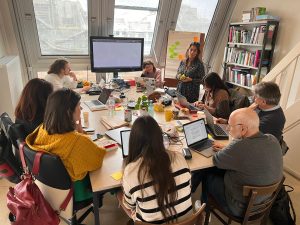

 in english
in english en français
en français




